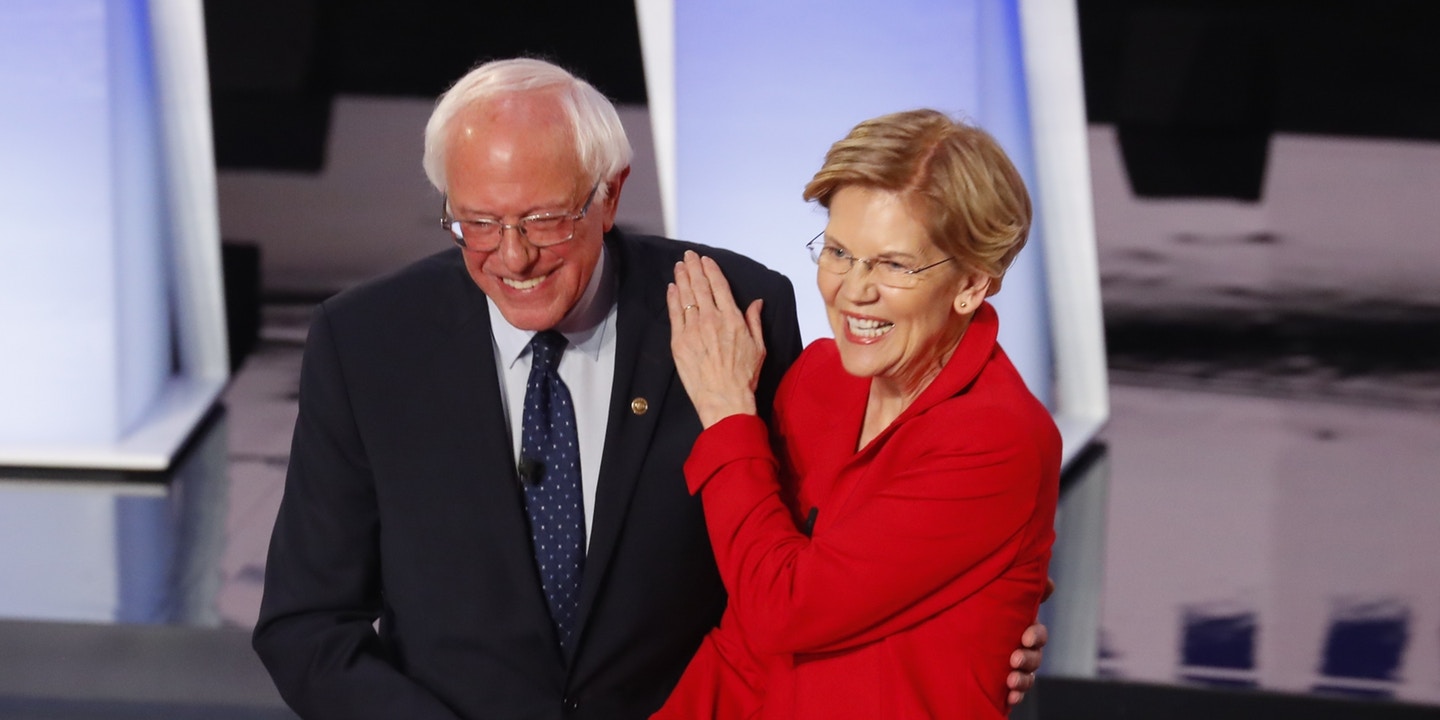Sanders and Warren have strongest college affordability plans

The Democratic presidential primary is just around the corner, with Florida voting on March 17 and the first caucuses taking place in Iowa on Feb. 4.
According to an aggregate of polls by RealClearPolitics, the top four candidates in a crowded field are former Vice President Joe Biden, Vermont Senator Bernie Sanders, Massachusetts Senator Elizabeth Warren and South Bend, Indiana Mayor Pete Buttigieg.
There are many pressing issues that college students are concerned about, but one issue on every student’s mind is college loan debt. How do the presidential candidates measure up when comparing their plans?
Biden’s college affordability plan would double the maximum value of Pell Grants, giving students more money to pay tuition that they will not have to pay back. Students with loans who make $25,000 or less a year postgraduation would not be obligated to make payments and their loans would not accrue interest. Biden’s plan would also give Americans two years of tuition-free communtiy college.
Buttigieg’s plan, by comparison, would make public colleges tuition-free for families who make less than $100,000 a year. It also calls for “income-based repayment,” where graduates pay a fixed percentage of their income toward their student loans. After 20 years of payments, their remaining student loans would then be forgiven.
Warren’s plan calls for “the cancellation of $50,000 worth of debt for 42 million Americans,” per her website. Three in four Americans with student loan debt would have their loans forgiven, leaving 20 percent of students with debt partially alleviated. Warren couples this student debt cancellation with tuition-free public college available to all Americans.
Sanders’ plan would cancel all $1.6 trillion worth of student loan debt and would cap interest on any future student loans at 1.66 percent. He couples this plan with tuition-free public colleges and trade schools in order to ensure the student debt crisis doesn’t pop up again.
All the candidates pay lip service to the huge obstacle student loan debt can be to financial security. However, many of these plans do not exemplify that sense of urgency.
Additional Pell Grants, as the Biden plan provides, fail to alleviate the burden of students who are already overwhelmed by student loans, and even those making more than $25,000 a year may still find themselves set back by their loans. Biden’s free community college plan also ignores the fact that a four-year college is often required to be competitive in today’s economy.
Buttigieg’s plan, meanwhile, would require individuals to engage in repayments for 20 years, a clear potential hindrance to financial success.
By far the most comprehensive and beneficial plans for graduates with student loan debt come from the Warren and Sanders campaigns, with Sanders’ plan being the most ambitious.
Outright cancellation of student debt, or even a cancellation of 75 percent of student loan debt, would do wonders for graduates’ financial freedom. These plans should be critical when it comes to who college students support in the upcoming Florida primary.
Jared Sellick is a senior studying political science.






